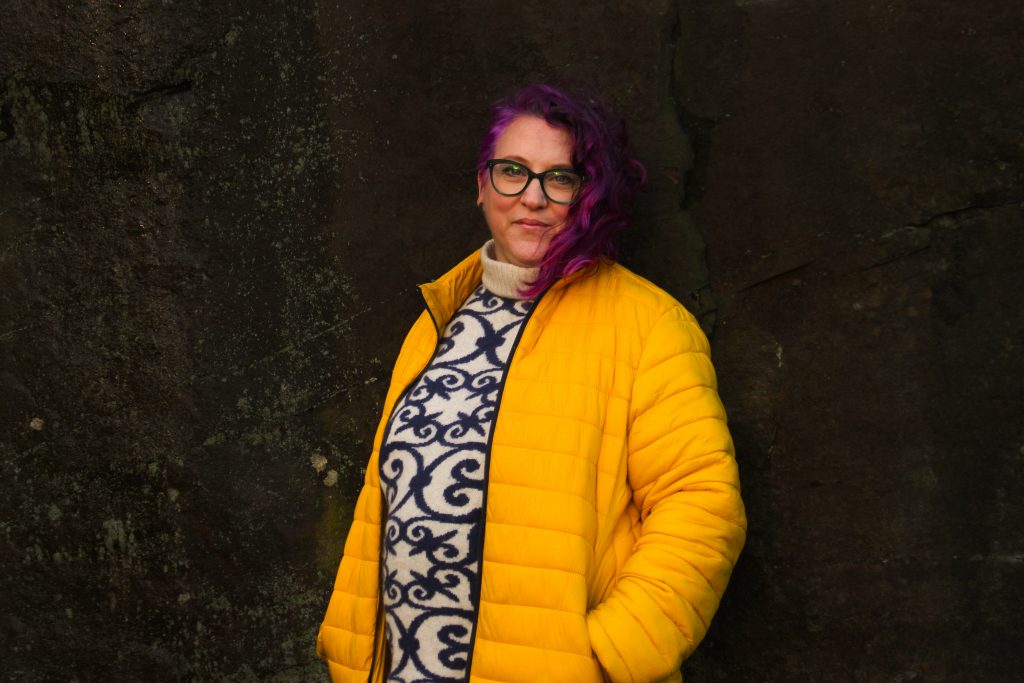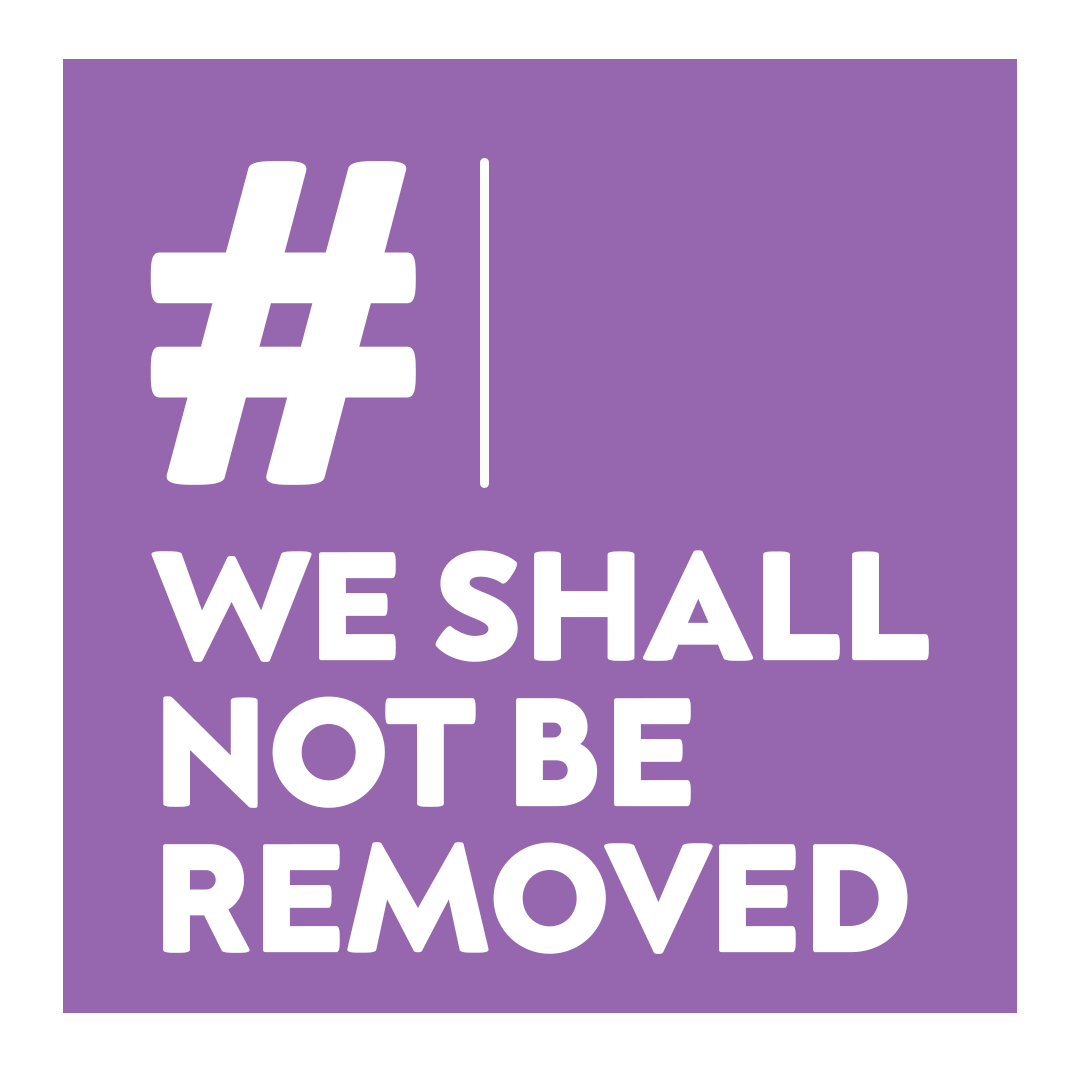This interview was produced by writer Joe Stevenson, the founder of disability arts blog The Disability Issue. Based in Manchester, Joe is also a member of #WeShallNotBeRemoved.
Joe Stevenson interviews Jo Verrent, Senior Produer at Unlimited.
Published Sunday 11th April, 2021
The pandemic has interfered with the routine of many disabled individuals in many different ways over the past 12 months. There has been a negative impact upon the arts industry, and life has been made difficult for all artists across the UK.
However, that doesn’t mean they’ve all given up and stopped doing the work they love! Politicians suggested that artists should look for work elsewhere, but MPs are not known for being particularly innovative. After rightfully ignoring the advice offered, artists have continued to construct their work. Being paid for what they create is a lot less likely, but artistic individuals opened their minds, and have been creative on countless occasions over the past 12 months.
It couldn’t be more evident to me and various others that disabled artists are among those who continue to be highly creative. Last year, a group of creatives began #WeShallNotBeRemoved, the UK’s Disability Arts Alliance & a movement looking to maintain more stability for disabled artists in the present day and future.
Some disabled artists have been more involved in the movement than others. However, as disability arts has made such a significant impact on society, we’d like to offer you the opportunity to learn more about some influential disabled artists’ lives.
To begin with, we’ve had a chat with Jo Verrent, Senior Producer of Unlimited, an arts commissioning programme that’s soon due to develop into an independent arts organisation. Here are the responses we received after asking a set of questions regarding her background, her interaction with disability arts, her current job role, and her involvement with #WeShallNotBeRemoved.
Thanks for agreeing to be interviewed, Jo. It’s much appreciated.
Last year, you chose to get fairly involved at times with #WeShallNotBeRemoved. How have you enjoyed working with other group members at various times over the past 12 months?
It’s been brilliant to come together as a movement and connect across art forms, sizes, scales and even opinions! Seeing what we can achieve when we all work together has been inspiring (in the very best sense), and access for our community has been driven higher as a result. The Seven Principles, the campaigns, the new groups forming all the time – these are such ‘wins’ for us. There are downsides, too – it’s been a year of absolute extremes, and capacity is limited. We all want to deliver more than we can.
Can you tell people who aren’t familiar with you a bit about your background?
I’m a very ordinary person from a very ordinary background. I was the first in my family to get a degree, and I gained hearing aids in my early teens and was suddenly told I couldn’t do things, rather than I needed to do things differently, which sparked my commitment to fairness and desire for equality. I’ve worked in the arts all my working life in many roles, most frequently as a freelance consultant and find my deepest joy in making things happen, especially involving getting money to disabled artists to create incredible work. Until recently, my mum would tell people I was a teacher because it was too hard to explain what I did.
I imagine being the senior producer at Unlimited must take up a fair bit of responsibility. Do you enjoy your work?

I love it but am constantly terrified. It’s like trying to keep 20 plates spinning on poles – you never know which bit will teeter next, so even when they are all up there, it’s hard to relax. And there is no way of doing things perfectly.
I push Unlimited to be as transparent as it can be – as I think everyone deserves to know the highs and the lows, but it’s just so hard when you can’t support everyone.
The last open round had 468 people apply, which is overwhelming. We shortlisted 77 and will award 25 or so awards. The numbers don’t work. There is so much talent we can’t support, and that responsibility weighs heavily. We would need over £9million in award funds to support all the people who apply to us in this last round.
I’m aware of the privilege of having a role and having a degree of influence in the sector. I do what I can. I am on two boards, two advisory groups and buy a lot of art from disabled artists. I mentor people when I have the capacity and spend about 5 hours of my free time a week answering emails from people I don’t know who have questions or want connections.
I’m trying to get a better balance in my life as lockdown has blurred the boundaries and work has taken over – a new puppy is helping!
Unlimited is about all forms of disability arts, but which art form means the most to you?
I don’t have a particular art form or style of work, and I like to be surprised. The work style can be from a zine, a classical concert, a circus piece, or a comedy set. I think that’s why I love festivals so much. I’m quite a loner and find being with people exhausting, and so I prefer to go out and mix with art and social fix all in one go, and then retreat for a period of time to let it all settle.
Right now, you’re a senior producer – but have you been or consider yourself to be a disabled artist yourself?
I’ve had many ‘roles’ in the arts sector – an actor, a director, a writer and a producer; I’ve been a community arts worker, created work for under-fives, run sessions in secure hospitals and many other places. The last piece I made was in 2013 with Luke Pell – a video installation called Take Me To Bed – that explores the dis/comfort of audiences to bodies that are different.
I’ve been on the other side of the process many times – applying for funding, getting rejected, making work on a shoestring and crossed fingers. I think it really helps not just to empathise theoretically but actually know what it’s like on the other side – both the highs and the lows.
Which artists have inspired you most and helped boost your career?
Not sure I could answer this as every artist we have supported has inspired me and taught me something – and there are over 370 of them now! And I don’t think of artists having boosted my career. Some artists have had success because of funding from Unlimited – but measures of success are very personal. It’s not about cash, but often about what it’s meant people can achieve next, so about connections and confidence.
When it comes to the art forms, which of them do you think would benefit disability arts the most if it became a lot more popular?
I think the way we classify art into boxes is becoming increasingly irrelevant. The most famous categories within our awards are combined arts and other at Unlimited! I think art always escapes boxes, and more and more artists are blurring the boundaries, creating cross-artform work or work with multiple platforms. Disabled artists are often ahead of the curve when it comes to this – partly due to access being the mother of invention!
Coronavirus has caused trouble for everybody around the world. Has it led to a lot of changes in the way you’ve been able to run Unlimited over the past 12 months?
The ‘going online’ for the admin bit wasn’t a change as we’ve always done that to some extent. To take everything online for a year was a massive change, and we’ve been working with so many people now that we’ve never actually met in real life, which is bizzare.
We immediately freed up whatever cash we could, and offered micro grants of £1000 to over 70 artists who felt the most useful thing we could do and then gained further additional funding from Paul Hamyln Foundation to support the artists we were working with who were most disrupted. We’ve plotted with the British Council and are running an international micro award programme, and are supporting The Space with the BBC’s Culture in Quarantine 2 series of works. And we’ve not stopped our main awards programme either – watch out for news at the end of March.
Plus, we’re also are transitioning to being independent which has taken up time too. We have been more busy to the point where the team is pretty exhausted – we are taking a three-month rest in the summer and stepping back from so much direct delivery. But we can’t do that until then as there are so many commitments we have to honour first.
Are there any particular actions you have in your mind to complete that’ll help keep disability arts up and running during and after the pandemic?
The move of Unlimited from a programme to an organisation is well-timed – the pandemic already pushed us to radically reimagine what an organisation can be if it puts artists at the centre and not the edges of its processes. If you are here to support artists, then that’s not just cash but everything else around it – including battling the sector for equitable systems and processes. Making a success of the transition means more money for disabled artists via Unlimited in the future, but we are only one part of the jigsaw, and I think that’s what we need to focus on more – looking at the whole picture and not just one puzzle piece. It’s another way #WeShallNotBeRemoved can be so useful to the movement, too – showing us the many different options rather than focusing on a single organisation or programme.
For me, personally, I want to keep trying to manage the balancing act – Unlimited, sector support, artists support, family support and self-care. It’s not more or less than anyone else’s load, and like everyone else, there are times it feels light and times when it feels heavy.
Even if it’s not related to disability arts, what do you think you’ll enjoy doing more than anything once the pandemic comes to an end?
Hugging my children and grandkids! Swimming! Eating out! And of course, seeing art in all manner of spaces and places and being in a room with the Unlimited team, a flipchart and a stack of coloured pens!
You can learn more about Unlimited via their website. They have plenty of interesting blog posts available, so I recommend at least subscribing to their monthly newsletter to keep yourself updated.

This interview was produced by writer Joe Stevenson, the founder of disability arts blog The Disability Issue. Based in Manchester, Joe is also a member of #WeShallNotBeRemoved. Looking to offer information about disability arts, The Disability Issue wants to grant people with easy access to disability arts-related events and opportunities, as well as offer them interviews with interesting disabled artists on a regular basis.
This interview was produced by writer Joe Stevenson, the founder of disability arts blog The Disability Issue. Based in Manchester, Joe is also a member of #WeShallNotBeRemoved. Looking to offer information about disability arts, The Disability Issue wants to grant people with easy access to disability arts-related events and opportunities, as well as offer them interviews with interesting disabled artists on a regular basis.
These interviews produced by Joe will also be published on The Disability Issue website: https://www.disabilityissue.net/

